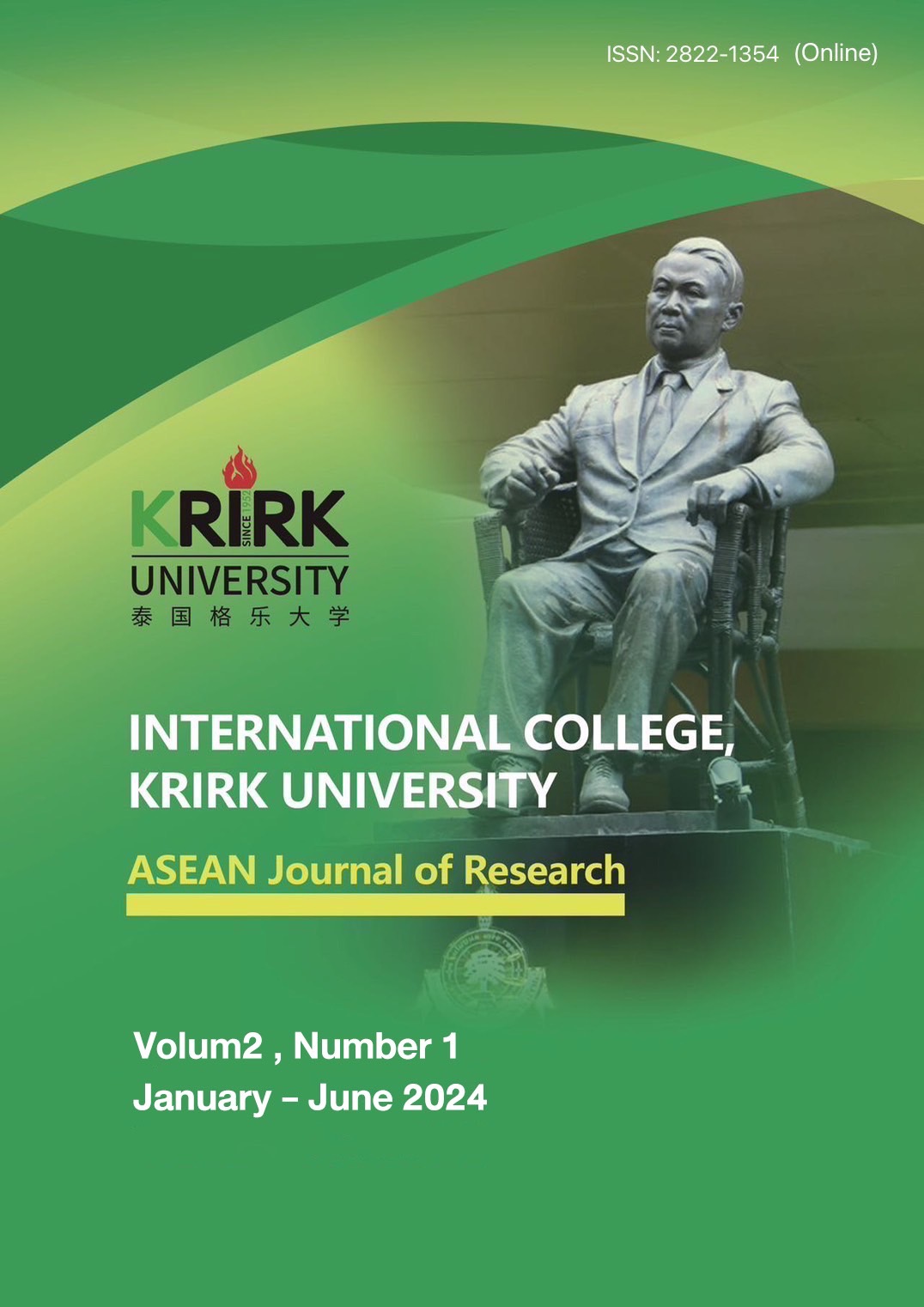Application of Indigenous Knowledge and Survival Strategies of Kutubdia Islanders during Natural Disasters
Keywords:
cyclone, indigenous knowledge, modern knowledge, natural disasterAbstract
Historically, indigenous knowledge practice is common for the people of disaster-prone areas. In this paper, we have attempted to explore the indigenous knowledge-based strategies that are used in the management of disasters like cyclones from the micro perspective in a small island named Kutubdia, Cox’s Bazar, Bangladesh based on a series of intensive fieldwork interviews. It reveals that Kutubdia islanders practice indigenous knowledge as their survival strategy at three levels of cyclone management, particularly in minimizing the potential damage of any cyclone, while technology-based information and knowledge rule the world. We use one theoretical perspective to interpret the matter, which is Appadurai’s scape theory. The specific strategies derive from indigenous knowledge, which is practiced by Kutubdia islanders associated with frequent cyclones, including disbelieving in modern meteorological information and age-old practices. However, the empirical pieces of evidence show that the effectiveness of these pre-, during and post-disaster management strategies adopted from the existing indigenous knowledge is the reason for delaying the acceptance of modern meteorological information and the existence of this traditional indigenous knowledge practice in disaster management.
References
Akhand, M.H. (2003). Disaster management and cyclone warning system in Bangladesh, in Zschau, J. & Küppers, A., eds., Early warning systems for natural disaster reduction. Berlin: Springer. DOI: https://10.1007/978-3-642-55903-7_8.
Alam, M.S. & Jabed, M.A., (2015). Cyclones and causes of cyclones over the southwest coastal area of Bangladesh. Bangla Vision, 15(1).
Appadurai, A. (2010). How histories make geographies, The Journey of Transcultural Studies, 1(1), 4-13. DOI: https://doi.org/10.11588/ts.2010.1.6129.
Bag, M. & Pramanik, R. (2012). Commodification of indigenous knowledge: Its impact on ethno-medicine, IOSR Journal of Computer Engineering, 7(4), 8-15.
Dove, M.R. & Khan, M.H. (1995) Competing constructions of calamity: The April 1991 Bangladesh cyclone, Population and Environment, 16(5), 445-71.
Hassan, S. (2000). Indigenous disaster management culture: A comparative study between the cyclone affected people of Bangladesh and Japan. Journal of Human Sciences. DOI: 10.18910/7158.
Hossein, M.R. & Alam, B.B. (2023). Saving lives on a remote island in Bangladesh, World Bank Blogs, available at: https://blogs.worldbank.org/endpovertyinsouthasia/saving-lives-remote-island-bangladesh.
Luthfa, S. (2014). Debunking the myths of indigenous knowledge: Towards a political ecology of the Mandi of Madhupur, Bangladesh. Journal of the Asiatic Society of Bangladesh, 59(1), 211-37.
Roy, C. & Kovordanyi, R. (2015). The current cyclone warning system in Bangladesh: Providers ' and receivers' views, International Journal of Disaster Risk Reduction, 12, 285-99. DOI: http://dx.doi.org/10.1016/j.ijdrr.2015.02.004.
Zhou, H., Wang, X. & Wang, J. (2016). A way to sustainability: perspective of resilience and adaptation to disaster, Sustainability, 8(8), 737. DOI: https://doi.org/10.3390/su8080737.
Downloads
Published
How to Cite
Issue
Section
License
Copyright (c) 2024 ASEAN Journal of Research

This work is licensed under a Creative Commons Attribution-NonCommercial-NoDerivatives 4.0 International License.
The Copyright belongs to the ASEAN Journal of Research




